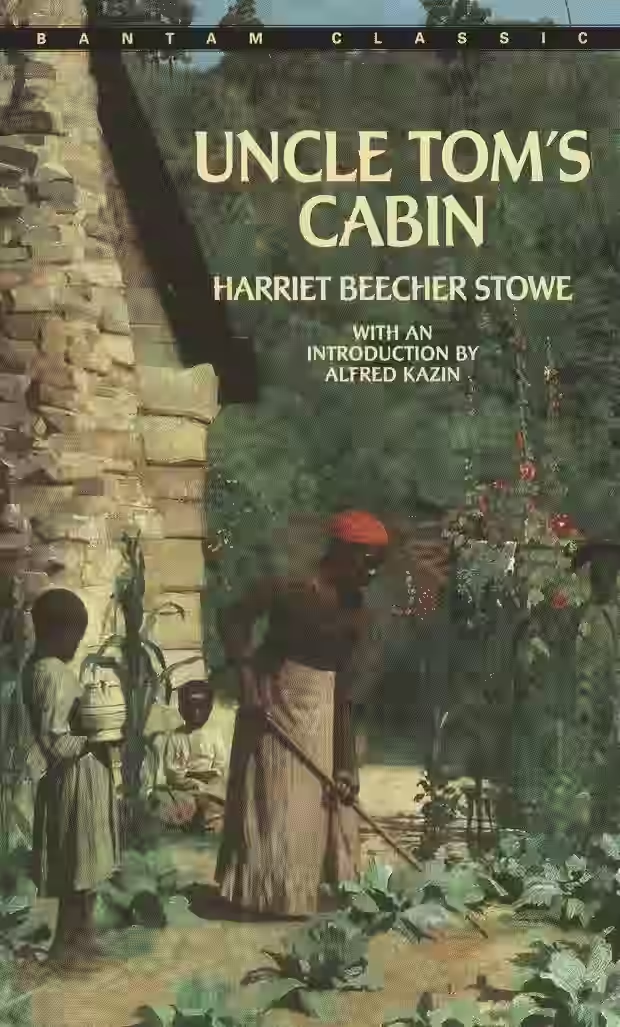
A landmark anti-slavery novel, Uncle Tom’s Cabin tells the story of enslaved man Tom and the brutal realities of slavery in 19th-century America. With vivid characters and emotional power, it galvanized abolitionist movements and shaped public opinion like no other book of its time. Though controversial for its portrayals today, it remains a pivotal work in American literature and history, sparking empathy and national debate.
About Harriet Beecher Stowe
An American abolitionist and author, best known for her influential anti-slavery novel, Uncle Tom's Cabin. Published in 1852, the novel vividly depicted the brutality of slavery, profoundly impacting public opinion and fueling the abolitionist movement. Stowe's powerful narrative and moral conviction played a significant role in the social and political discourse leading up to the American Civil War, making her a pivotal figure in American literary and social history.
Similar Books
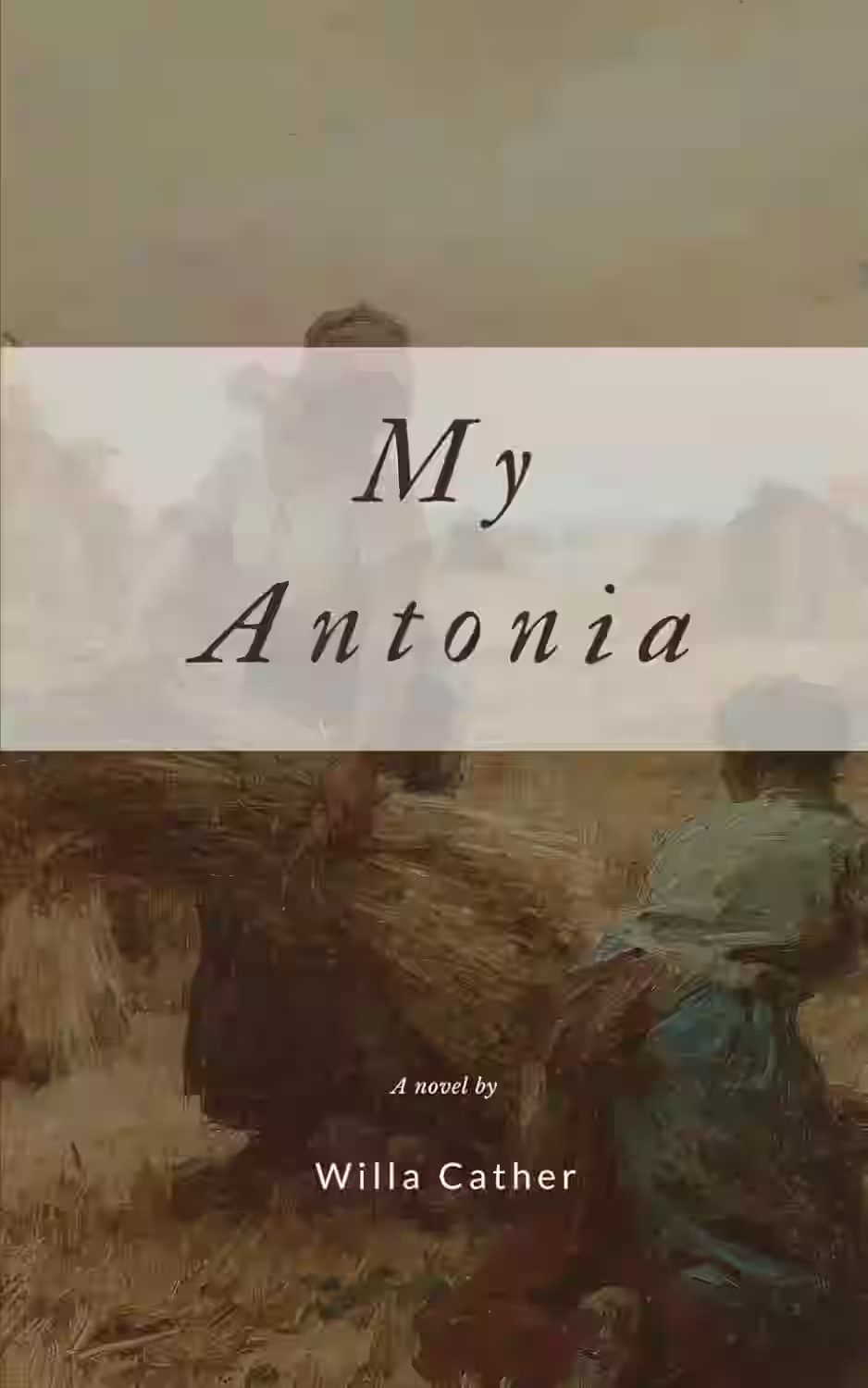
My Antonia
by Willa Cather
Told through the eyes of Jim Burden, My Ántonia recounts the life of Ántonia Shimerda, a spirited immigrant girl on the Nebraska frontier. Through vivid landscapes and deep characterizations, Cather celebrates pioneer life, hard work, and memory. The novel is a nostalgic tribute to the resilience of early settlers and the bond between people and place, filled with poetic prose and quiet power.
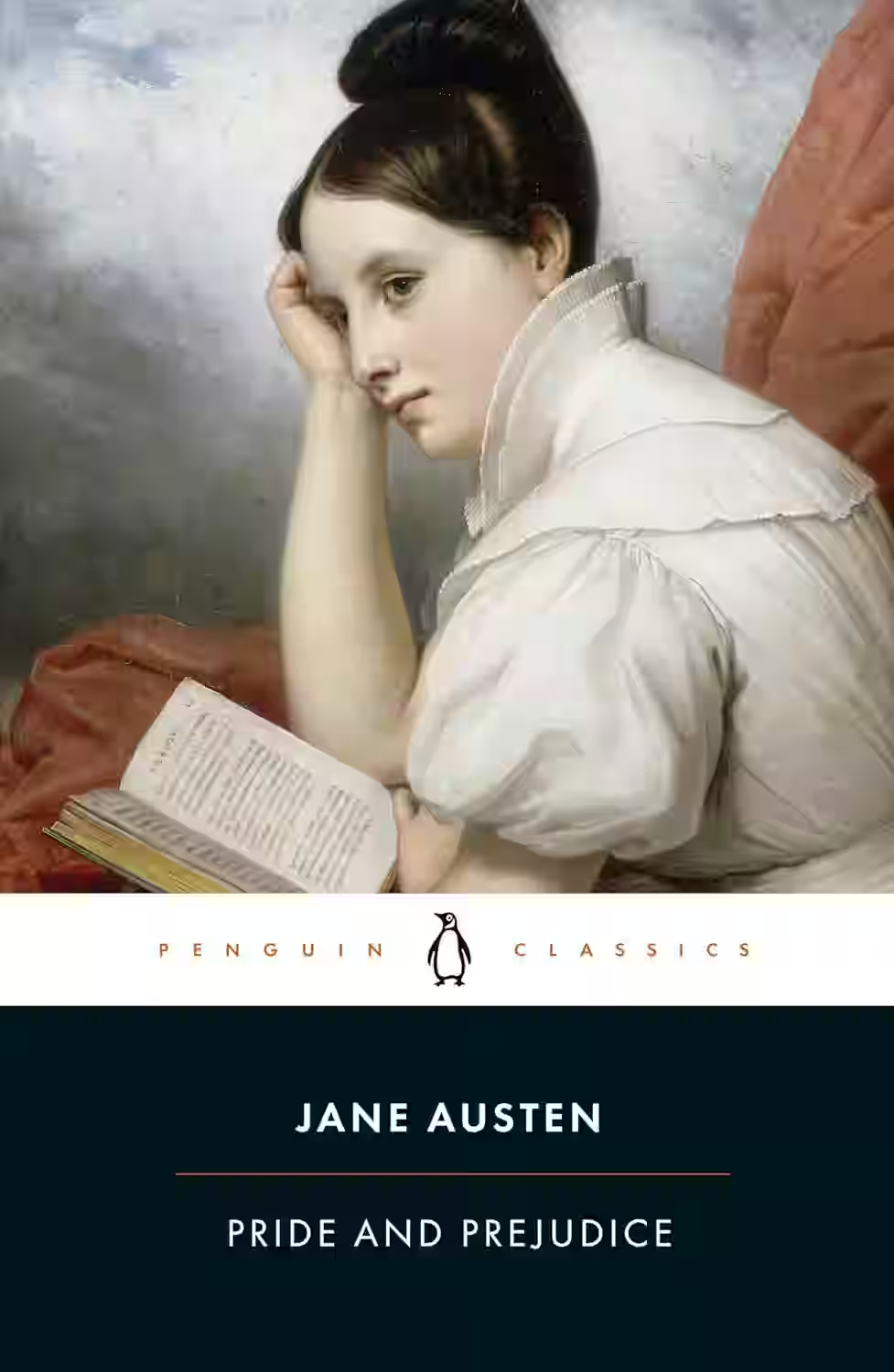
Pride and Prejudice
by Jane Austen
This beloved classic follows the spirited Elizabeth Bennet as she navigates love, marriage, and social status in Georgian-era England. When the wealthy and proud Mr. Darcy enters her life, their mutual prejudices create a complex dance of misunderstanding and growth. Through razor-sharp wit and social commentary, Austen crafts a timeless romance while critiquing class, marriage, and gender roles in 19th-century society.
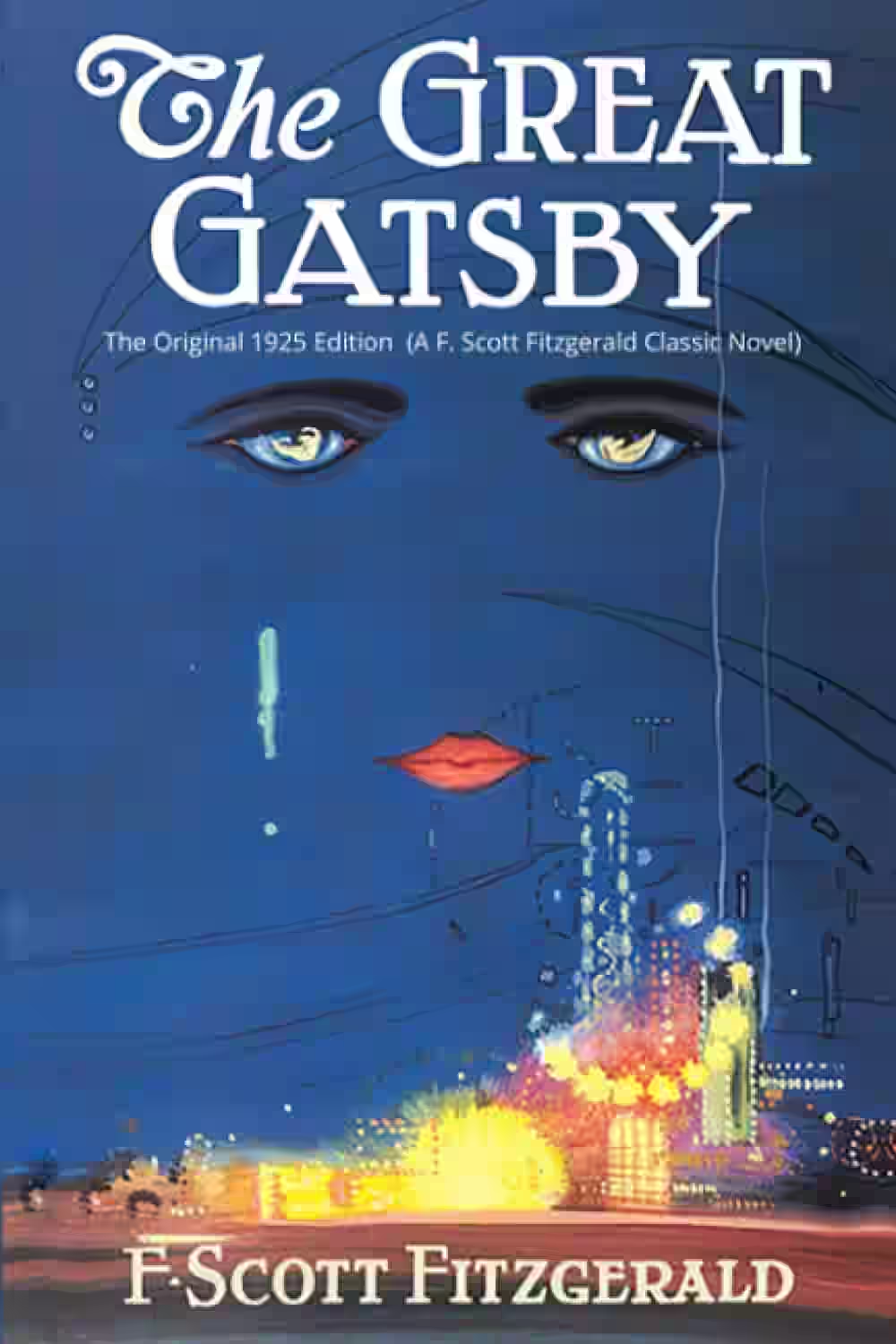
The Great Gatsby
Set in the decadent summer of 1922, this masterpiece follows mysterious millionaire Jay Gatsby's obsessive pursuit of his former love, Daisy Buchanan. Through the eyes of narrator Nick Carraway, the story unfolds in a world of lavish parties and empty morality, exploring themes of wealth, love, and the corruption of the American Dream. As Gatsby's facade crumbles, the novel reveals the hollow heart of the Jazz Age.
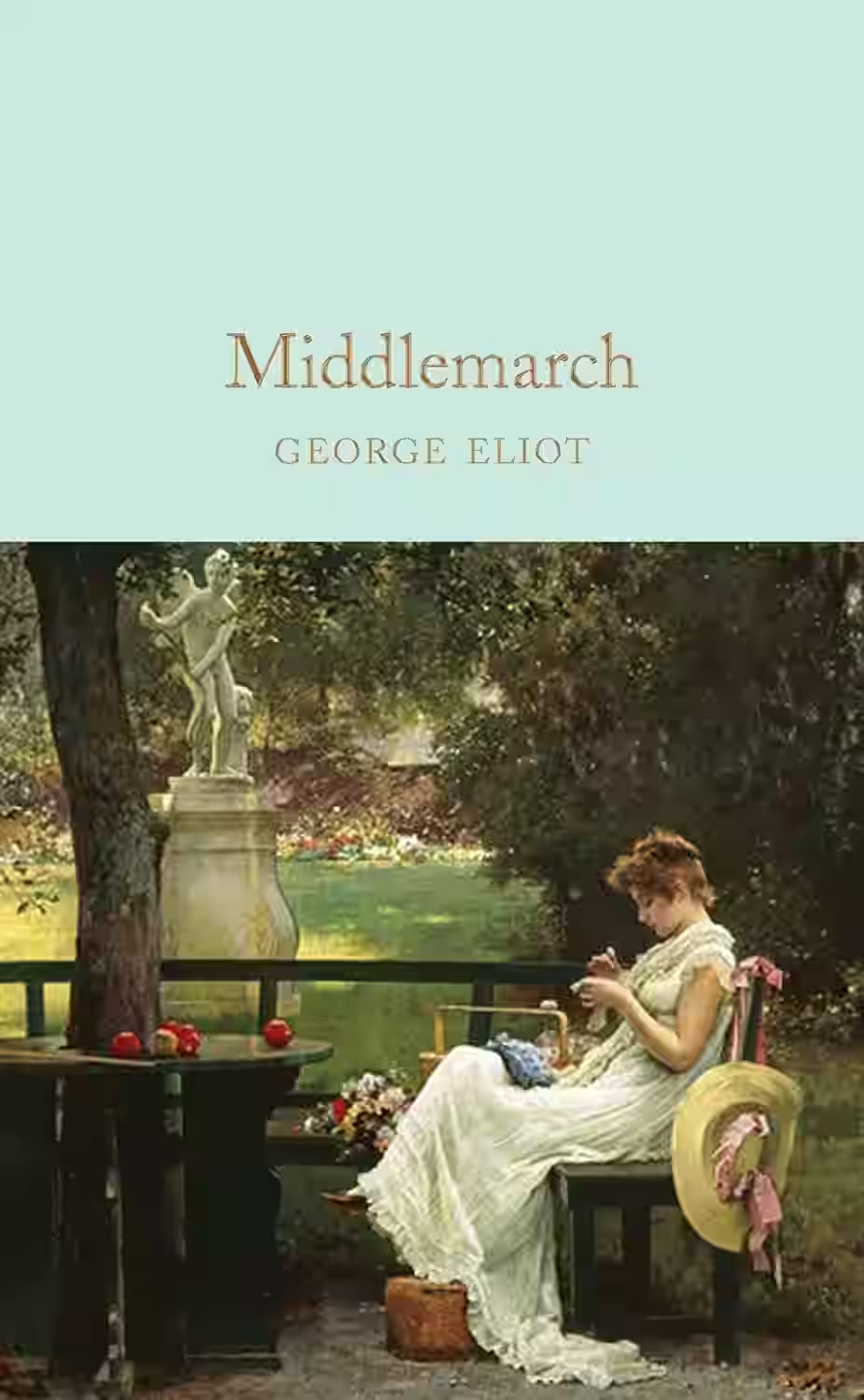
Middlemarch
by George Eliot
George Eliot’s Middlemarch is a deeply layered novel exploring the lives of residents in a fictional English town during the early 19th century. It centers on Dorothea Brooke, an idealistic woman seeking intellectual and spiritual fulfillment, and Tertius Lydgate, a reform-minded doctor. The novel examines marriage, ambition, politics, and the limitations of social convention. Renowned for its psychological realism and philosophical depth, Middlemarch is often hailed as one of the greatest English novels, offering a rich portrait of provincial life and moral complexity.